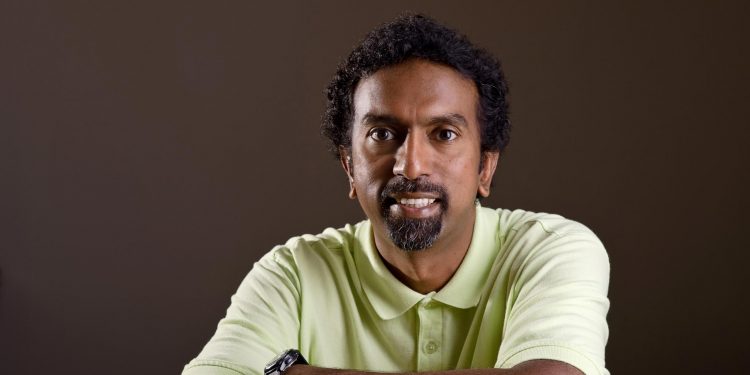When she died in 1997, Jeanne Calment of France was 122 years old and had set the world record for oldest person ever. She became a centenarian in 1975 and lived for almost a quarter-century beyond that, but what her doctors were probably wondering was this: How much longer could she have lived if she didn’t smoke, drink and eat lots of junk?
Perhaps Calment could have been the first human to live to 150, but she enjoyed herself too much. She insisted on having a cigarette a day, drinking cheap red wine, and consuming fried foods, red meat and chocolates. But on the positive side, she did not experience some of the stresses of modern life, such as tormenting herself over why her elderly neighbour did not ‘like’ her post on Facebook.
Is it really possible to live to 150? Well, that’s the maximum age that, according to a recent research study, a human could hope to reach, assuming that the human is completely free of cancer and other diseases, experiences very little stress, and avoids risky behaviour such as train-surfing in Mumbai, bullfighting in Madrid or journalism in Moscow.
Even in ideal conditions, the human body’s capacity to continually restore itself after undergoing stress has a limit. If you’re 20 years old, you can lose a fortune on the stock market and completely recover within a few days. If you’re 40, it may take you two weeks. But if you’re 80, you might have to spend a couple of months undergoing fiscal therapy.
The ability to recover from various stresses gradually declines as we age, culminating in a “complete loss of human body resilience” somewhere between the ages of 120 and 150, according to the research study conducted at Gero, a Singapore-based biotech company, in collaboration with Roswell Park Comprehensive Cancer Center in Buffalo, New York.
“Aging in humans exhibits universal features common to complex systems operating on the brink of disintegration,” said Peter Fedichev, co-founder and CEO of Gero.
In other words, just like a well-maintained Honda that keeps going for years and years, we will eventually end up in a junkyard. The most we can hope for is that some of our parts will be salvaged and that those who drove us relentlessly in our lifetimes will spare us an occasional thought.
If you were hoping to live forever, this study may put you in a bad mood. But most of us should feel good about the possibility of living to 150. And Prince Charles should be thrilled that the longest he’ll have to wait to be crowned King of England is another 50 years or so.
Advances in medical science and improved living conditions are already ensuring that many of us will not only live longer than our ancestors did, we have a fairly good chance of living to 100. What does “fairly good” mean? Well, let me put it this way: In any tournament, golfer Anirban Lahiri has an excellent chance of hitting a birdie, a decent chance of hitting an eagle, and a “fairly good” chance of hitting a crow.
In 2015, there were 451,000 centenarians in the world (including 27,000 in India), more than four times as many as in 1990, according to the United Nations data. By 2050, that number is expected to increase to 3.7 million. Eventually, we could have many people aged 120 to 150 walking around, and the people we now refer to as “elderly” will be known as “youthly.”
The retirement age will need to be raised, of course. I’ve always thought that 60 (or even 65) is too young to retire. I hope to work until I’m 75. But I’m not quite sure how I’ll spend the remaining half of my life.






































